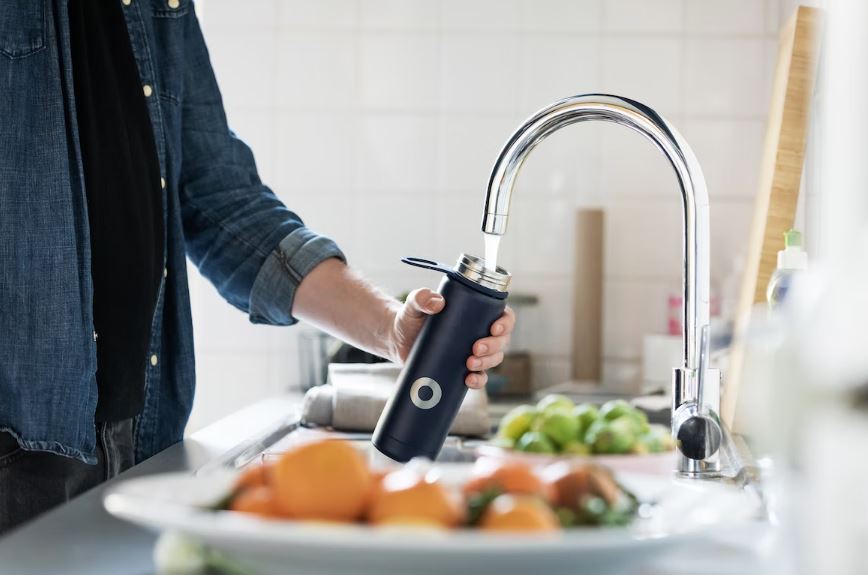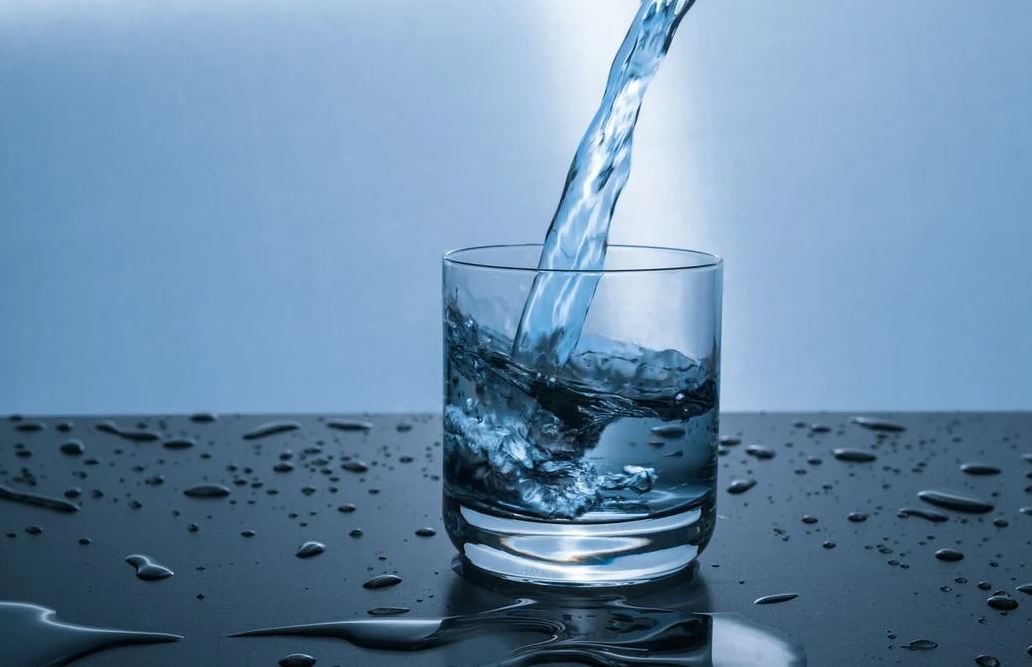The roles of water in the body are numerous: it is the main solvent and carrier of nutrients, plays an essential role in circulation, participates in all metabolic processes and removal of harmful substances from the body, aids digestion and regular bowel movements, plays a key role in thermoregulation, and engages in maintaining electrolyte balance and acid-base balance.
Water is the most significant substance on earth. Life originated in water, and it is the basic substance that we enter into the body. Of all the water on Earth, only 0.4% is available as drinking water. Environmental changes, due to industrialization and global warming, represent a great danger to the preservation of water and our health. That’s why we should think about water intake, its quality, and preventing environmental pollution every day.
Water quality is essential for our everyday life, and in the text below you will learn why.
Why Is It Important for Water to Have a Good pH Value?
Every food and drink we consume has a pH value. The suitability of these substances for our bodies depends on their pH value, which tells us whether a certain food is acidic, basic, or neutral.
When we talk about water, its pH value indicates the presence of hydrogen ions in its solution, whereby a higher concentration of ions makes the water acidic, that is, pH negative (i.e., less than 7). Conversely, a lower concentration of ions (pH over 7) makes the water basic or alkaline.
Scientists have confirmed that water with an acidic pH value and a generally acidic environment is not suitable for the body, especially since we consume water most often during the day. On the other hand, alkaline (basic) water with a pH value of over 7 is beneficial to the human body because it contributes to the release of free radicals and protects the body from diseases; as such, it is recommended by doctors.
Why Is It Good to Use a Water Filter?
You may be attached to the idea of drinking bottled water, and no doubt, it may seem safer to you, but there are some reasonable arguments for why we think you should ditch the plastic in favor of the tap.
Switching from bottled water to tap water can appear to be a big transition that many are not ready to make. However, with today’s tap water filters, such a change is not only a low-maintenance solution but is also completely safe. Installing a tap water filter in your kitchen is a solution to many of the concerns you may have about tap water quality. These usually concern old pipes, chemical disinfection of tap water (chlorine), other pollution problems, as well as unpleasant odors. and taste.
The use of water filters can greatly decrease, and even eliminate, pollutants and any health risks associated with them. Investing in a professional water filter will remove a host of contaminants, from chemical disinfectants (chlorine, etc.) and heavy metals to bacteria and microorganisms.

Water Can Have a Strange Smell and Taste
It depends on where it comes from. In its natural state, when it is pure, water is a tasteless, odorless, and colorless liquid. You should expect nothing less from the water in your home. Inorganic minerals and bacteria, as well as industrial and agricultural pollutants, can cause strange odors or taste changes, such as the smell of “rotten eggs,” the taste of earth, metal, or mold.
Is Soft or Hard Water Better?
Water quality is important, and it varies from country to country, even from city to city. Is there any health benefit or risk associated with soft or hard water?
What makes water soft or hard? It all comes down to the level of certain minerals in the water, especially calcium, magnesium, and sodium.
Hard water has higher levels of calcium and magnesium, while soft water contains small amounts of those two minerals, but has a high level of sodium.
Hard water can also cause lower water pressure because minerals can build up in pipes over time and limit water flow. There are no health risks associated with hard water, but it can cause dry skin and hair. It can also cause problems for people who have eczema on their skin. Studies have shown that the minerals in hard water help protect against cardiovascular disease.
The high sodium content of soft water can be a concern for people with high blood pressure. For such cases, there are potassium-based water softening systems.
The roles of water in the body are numerous: it is the main solvent and carrier of nutrients, plays an essential role in circulation, participates in all metabolic processes and removal of harmful substances from the body, aids digestion and regular bowel movements, and much more, which is why it is important that the water we take into our bodies is of good quality.

